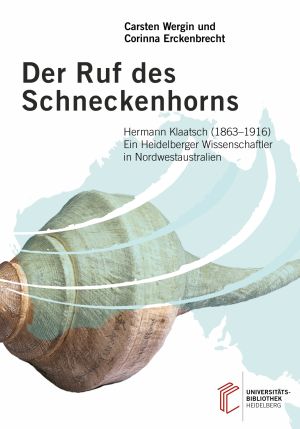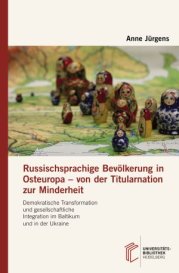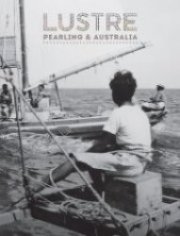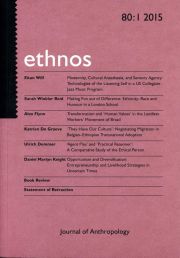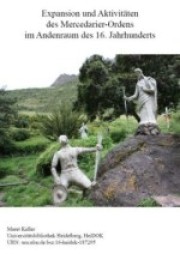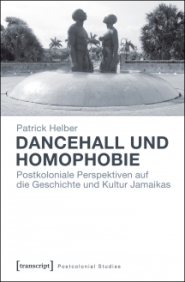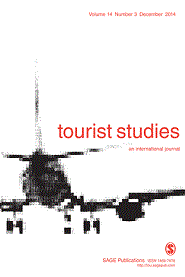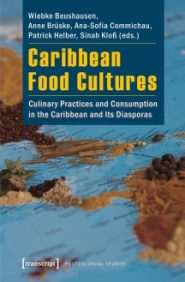Linking of Knowledge in the Humanities (LoKiH)
Disciplined Interdisciplinarity
Coordination: Georg Christ
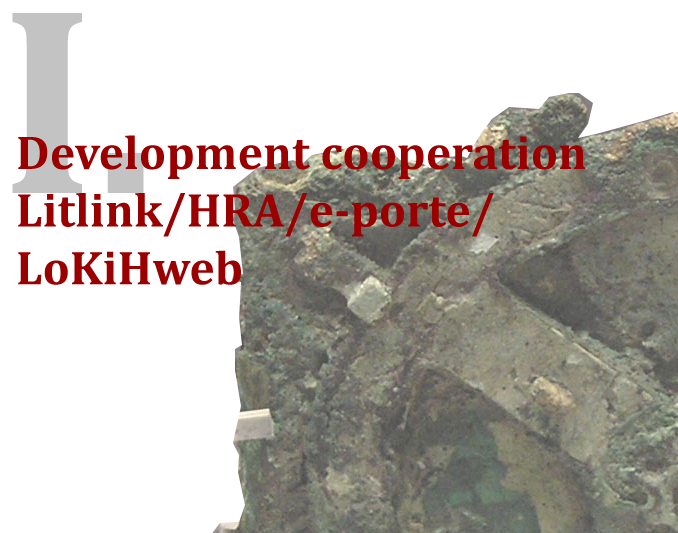 |
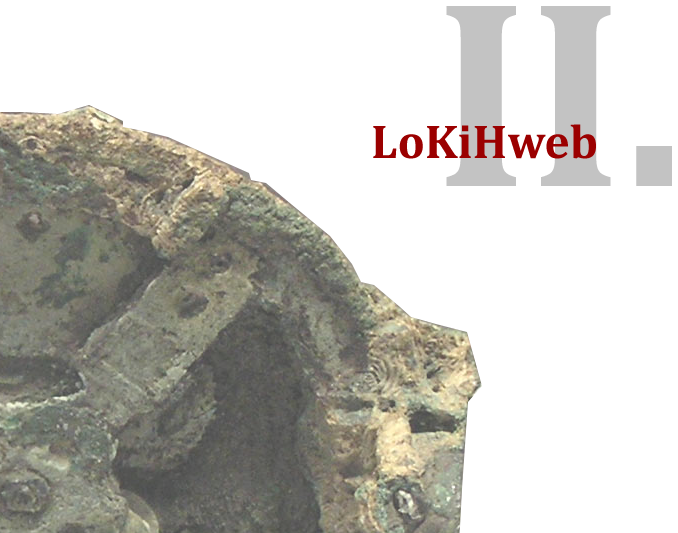 |
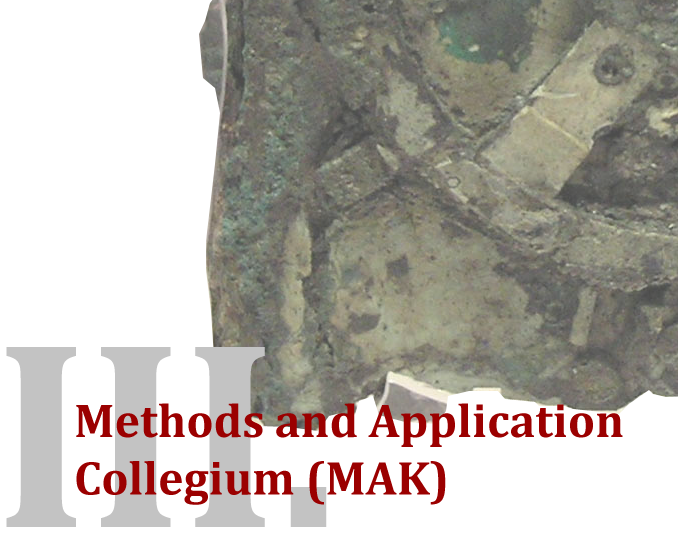 |
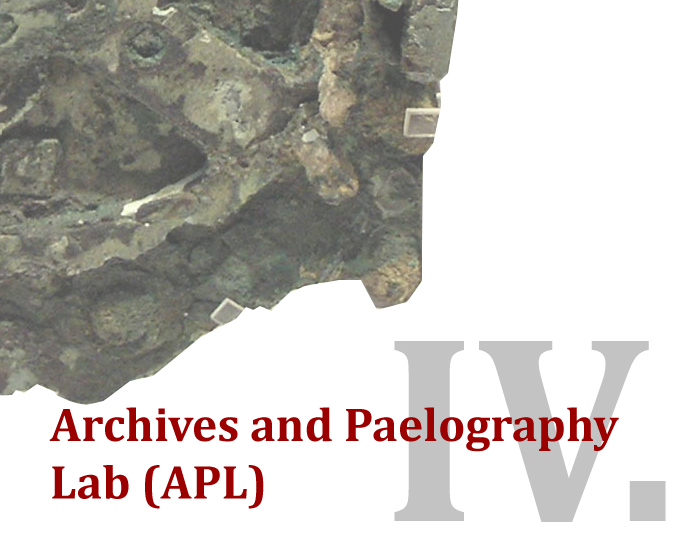 |
As the different cranks and wheels of the Antikythera mechanism had to be neatlytuned and work as a whole in order to yield the desired result that one wheel alone could not have yielded, the different projects of the Linking of Knowledge in the Humanities Initiative (LoKiH) bring together in disciplined interdisciplinarity scholars from many fields to interact in a finely tuned and highly efficient research-dialogue in order to yield the desired result: solutions for complex problems that one discipline alone could not resolve.
The objective of the Antikythera mechanism was predicting astronomical constellations and predicting accurately certain important events of the Corinthian calendar but this was found out only very recently hundreds of years after the construction of the mechanism (probably around 100 BCE) and more than hundred years after its discovery. In order to do so, many scholars and technical specialists had to interact in disciplined interdisciplinarity to unveil the mechanism's secrets: specialist of Ancient Greek science, specialists of maritime archaeology, x-ray specialist, computer scientists specialized in 3 D reconstructions, astronomers and many more.[1]
LoKiH aims at doing the same thing albeit on a more limited scale: Bringing together scholars and specialists of many fields, mainly history, computer science, archaeology and geography in order to resolve complex problems in disciplined interdisciplinarity. The main focus lies on four projects:
1), 2) Organize sources and research literature as well as meta-information central for historical and social scientist's analysis (persons, places, events) in one knowledge management system (cooperation development Litlink, cooperation LoKiHweb, e-porte.org). A particular interest lies in cooperation to enhance geo-referencing of historical information and on a cooperation in the field of digitalized information retrieval.
3) The Methods and Applications Kollegium provides the container to engage in the necessary disciplined interdisciplinary research dialogue to promote these and other projects. Among others, projects in the field of Medieval archaeology (airborne surveying with unmanned aerial vehicle, 3 D scanning and information retrieval by different methods as e.g. discriminative algorithms or the
4) Archive and Palaeography Lab (APL) combining practical and conventional training of historians in late medieval palaeography with different methods of visualization and numerical geometry in order to reconstruct damaged documents digitally to improve their readability.



